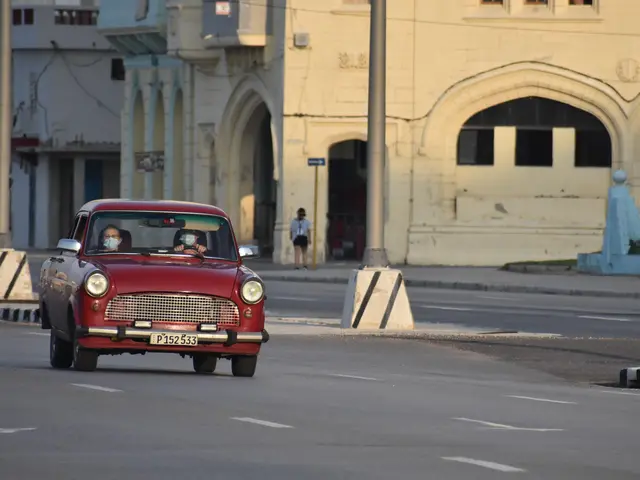Ramon Marrero, a retired member of the military living with his family in Cuba's capital, struggles to find medication to tame his blood pressure amid the coronavirus pandemic and the intensified U.S. economic embargo against the island.
Like him, millions of Cubans are affected by the U.S. policy towards the island, which has an impact on all walks of life, including public transportation, food supplies, public health and education.
Nearly 80 percent of Cubans were born after the socialist revolution victory and the subsequent U.S. trade embargo, which bars the country from buying on the international market goods that have more than 10 percent U.S. components.
Experts have repeatedly accused the United States of violating the rights of U.S. companies and third countries to trade with the Caribbean nation.
Juana Alvarez, a history professor, said the U.S. economic embargo against the island violates the human rights of its people.
"Cubans are victims of the U.S. administration hatred. Their intentions to get control over Cuba date back to the 18th century," she said.
The historic rapprochement spearheaded by former U.S. President Barack Obama in 2014 was soon rolled back by his successor, President Donald Trump, who has ramped up sanctions against Cuba since taking office in 2017.
The Trump administration intensified the embargo, banning U.S. flights to Cuban cities except Havana, barring U.S. cruise ships and yachts from sailing to the island, and putting limits on remittances from Cuban-Americans to their families in Cuba.
On top of that, the Trump administration enacted Title III of the Helms-Burton Act in May last year, giving U.S. nationals and companies the right to sue foreign citizens and enterprises investing in properties nationalized by the Cuban government.
The United States also interfered with international aid getting to the island during the pandemic and attempted to discredit Cuban medical brigades working abroad to contain outbreaks of the virus in more than 30 countries in Latin America, Africa, and Europe.
The U.S. embargo against the island has deteriorated bilateral relations over the last few years, Carlos Alzugaray, a former Cuban diplomat and senior university professor, told Xinhua.
"I think the bilateral relationship is going through a very complex, tough, difficult scenario," he said.
(by Yosley Carrero, Raul Menchaca)
 简体中文
简体中文

